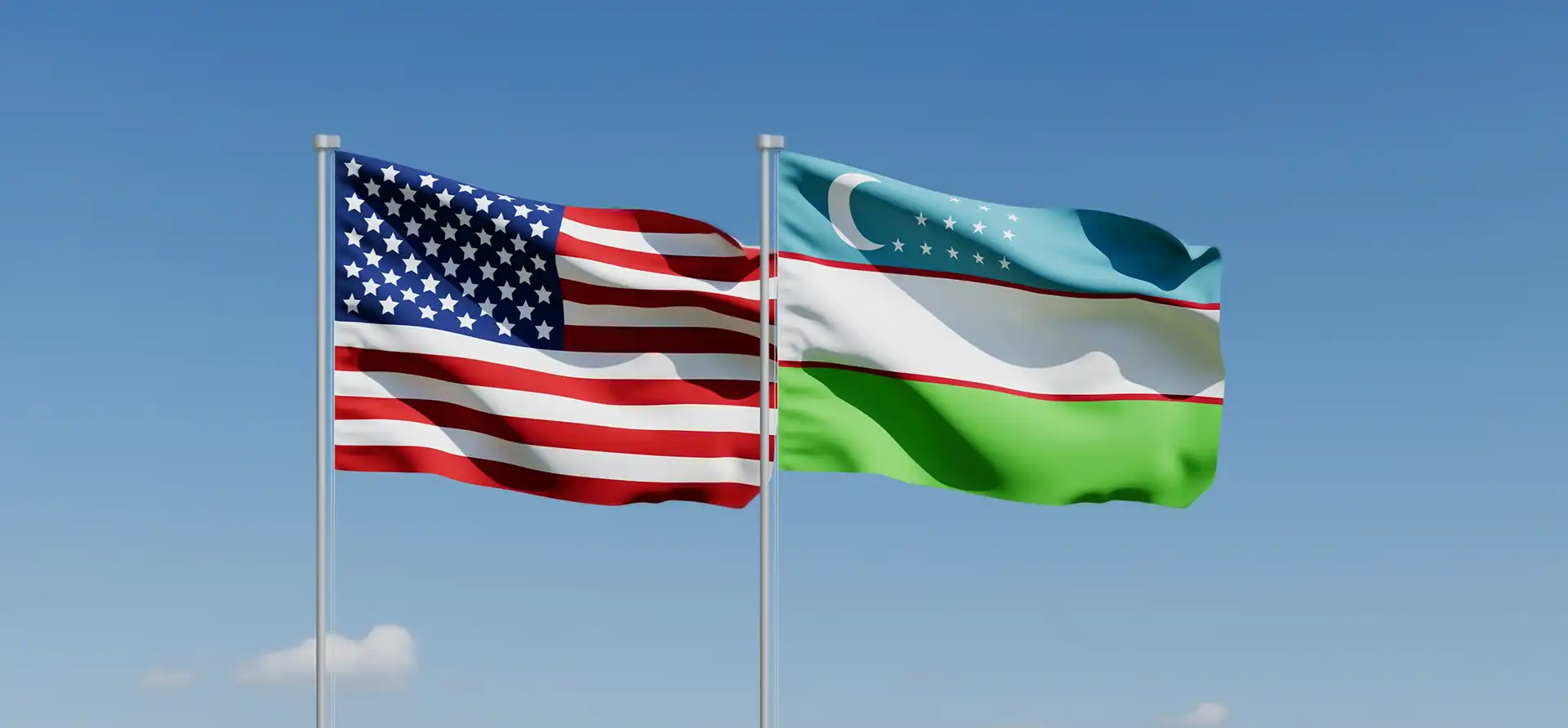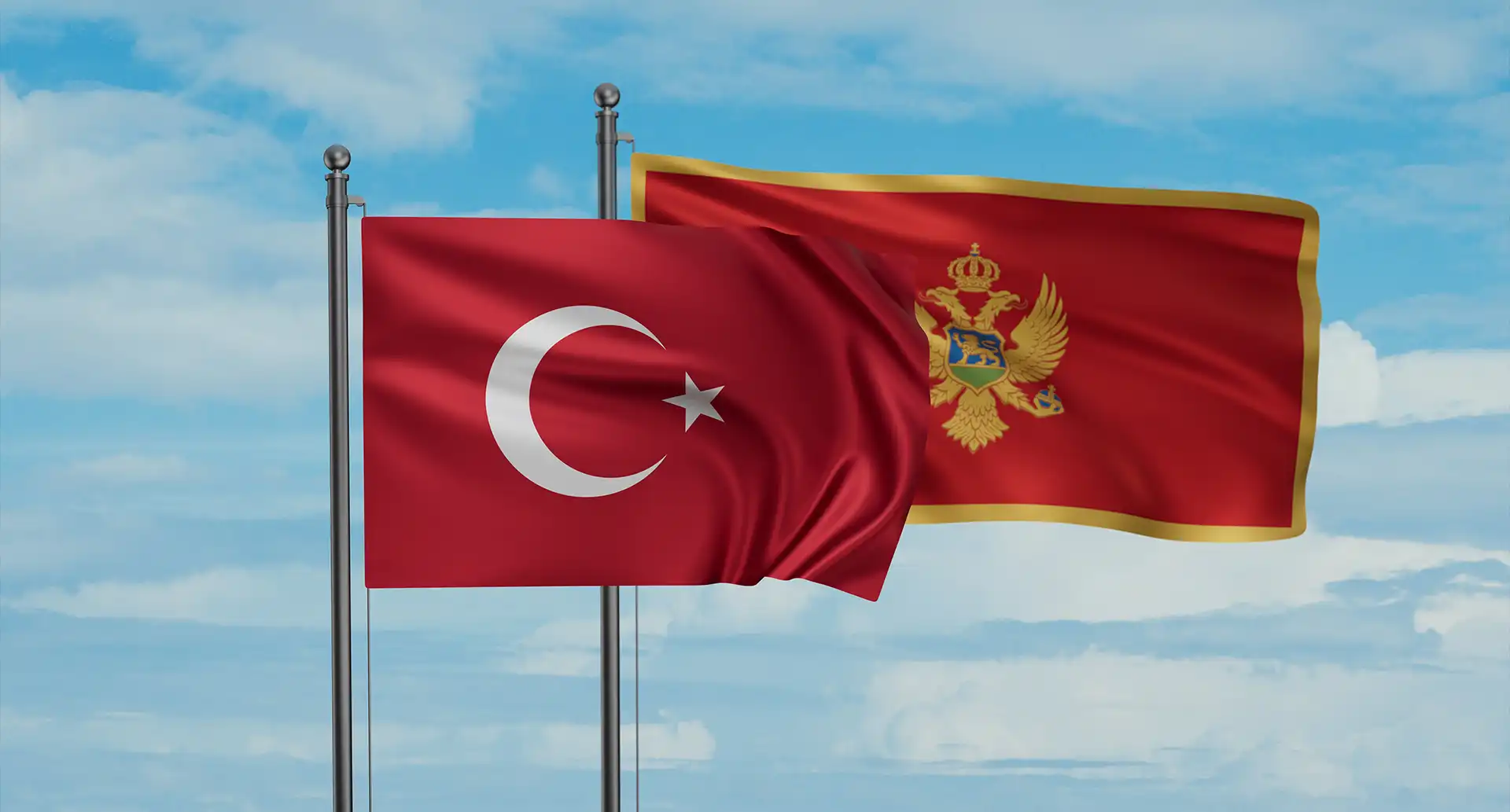

Qatar
Qatar passport ranking
The Qatari passport is currently ranked 48th place on the Guide Passport Index. It provides visa-free access to 109 countries. This grants it an overall medium mobility score. Qatari passport holders have visa-free access and visas on arrival to countries such as Singapore, the United Kingdom and Turkey. Qatari passport holders do however require a visa to enter about 120 destinations in the world, which requires some extended travel preparations. Some destinations where a visa is required are the entire European Union, India and Australia.
Qatar Passport Ranking
The Qatar passport ranking relative to other global passports is calculated by adding up the number of countries that allow Qatar passport holders to enter without a visa (i.e. visa-free countries) and those that allow Qatar passport holders to enter by obtaining a visa on arrival (i.e. visa-on-arrival countries) or an electronic travel authorization (eTA). There are currently a total of 69 Qatar passport visa-free countries, 28 Qatar visa-on-arrival countries, and 12 eTA destinations.
Altogether, Qatar passport holders can enter a total of 109 destinations—either without a visa, through a visa on arrival, or via an eTA. As a result, the Qatar passport ranks 48 in the world.
Separate from these Qatar visa-free countries and visa-on-arrival countries, there are 120 additional destinations which Qatar passport holders either need a physical visa to enter or an eVisa (i.e. visa required countries).
About Qatar
The State of Qatar consists of 8 municipalities. The most important municipalities are Ad Dawhah, Al Rayyan and Al Wakrah. The country is situated in the Middle East, bordering Saudi Arabia and the Persian Gulf. It is one of the smallest countries in the world with a surface area of 11,581 square kilometers. The nation’s terrain is mostly flat desert land. Its climate is arid with hot humid summers and mild winters.
The overall population is approximately 2.7 million people. The capital of the country is Doha, which is also the most populous city with 2.3 million people. Other important settlements are Al Rayyan, Umm Salal Muhammad and Al Wakrah. The country’s largest international airport is Hamad International Airport (DOH) with 38.7 million annual passengers. It is named after the previous Emir of Qatar, Hamad bin Khalifa Al Thani. The airport provides access to destinations all around the world.
The State of Qatar is dominated by the Islamic culture. The majority of the population identify themselves as Muslims with around 67.7% practicing the religion. The official language is Arabic. The country is ethnically diverse with a mixture of Arabs and foreigners. The Kuwaiti legal system is a mix between the civil law and the sharia law. The government form is an absolute monarchy. The chief of state is Amir Tamim bin Hamad Al Thani. The head of government is the Prime Minister Sheikh Mohammed bin Abdulrahman Al Thani.
The official currency is the Qatari Riyal (QAR), which has a current exchange rate of QAR 3.64 to the USD. The country has an open economy, generating a GDP of approximately $357 billion. It is the 6th largest economy in the list of Arab League countries. Its citizens have a per capita income of $138,910. The GDP is mostly made up of the services and industry sector. Currently the economy is not diversified, even though the government is making changes to attract foreign investment. The majority of the export revenue originates from the petroleum industry.
Qatar is a growing tourism destination with limited tourism attractions and destinations. With the Football World Cup 2022 a variety of new tourism attractions will be opened and made available to the public. Some of the major destinations include the Katara Mosque, the Al Jassasiya Carvings, the Al Wakra Museum, the Qatar National Museum and the Doha Corniche. The nation has a total of approximately 2 million tourists visiting every year with the majority originating from the neighboring gulf states.










































